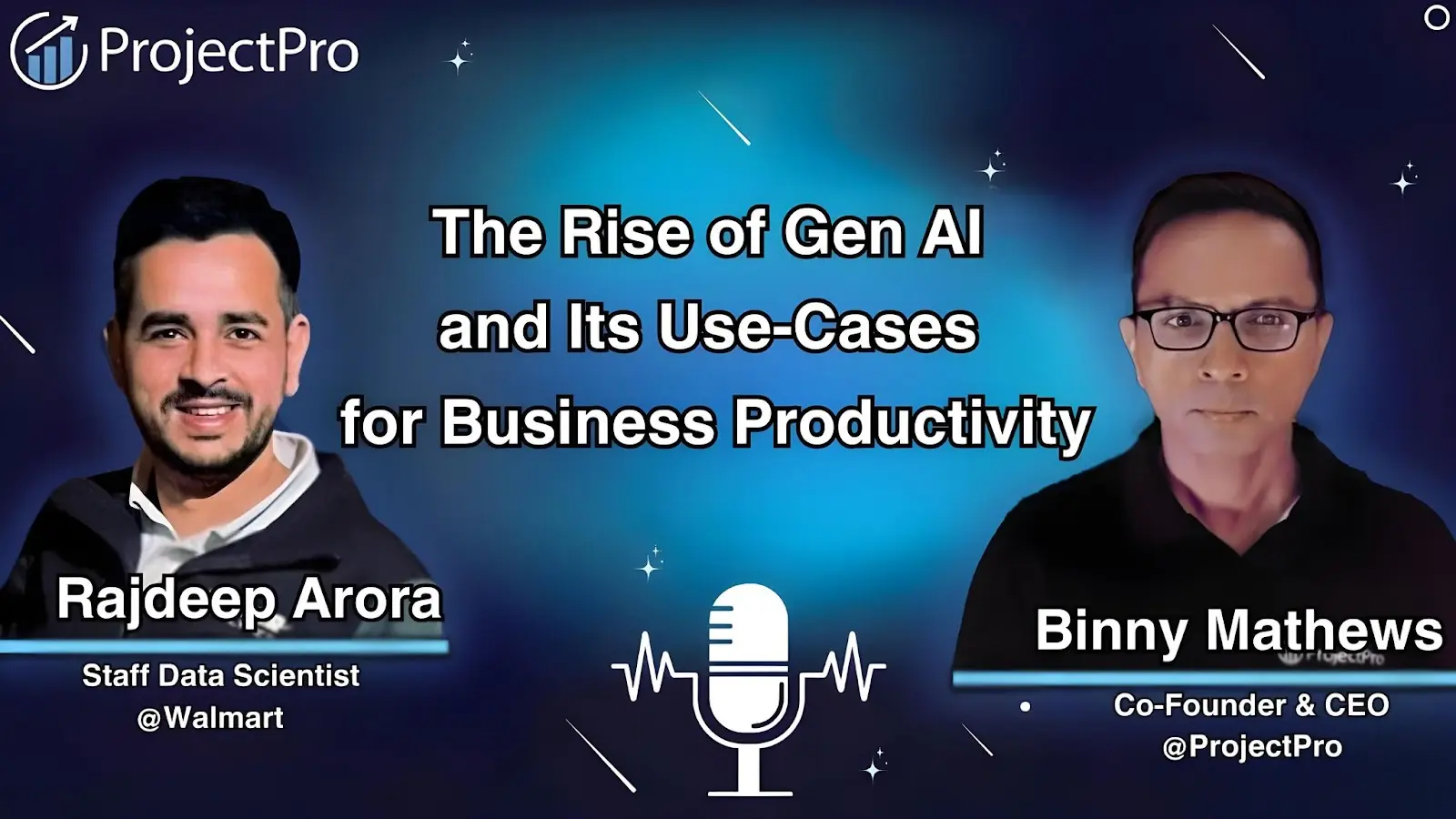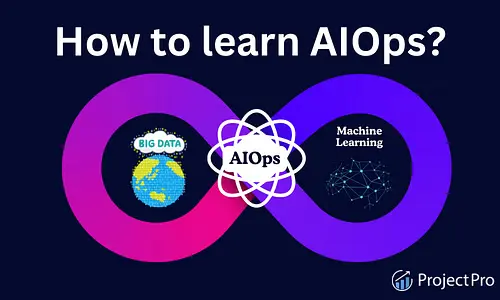This tutorial is a step-by-step guide for installation of Hadoop multinode cluster on Ubuntu 12.04. Tutorial on how to set up Hadoop multi node cluster on Ubuntu, Hadoop Map-Reduce and YARN configuration,create hdfs storage directories on multi nodes.





